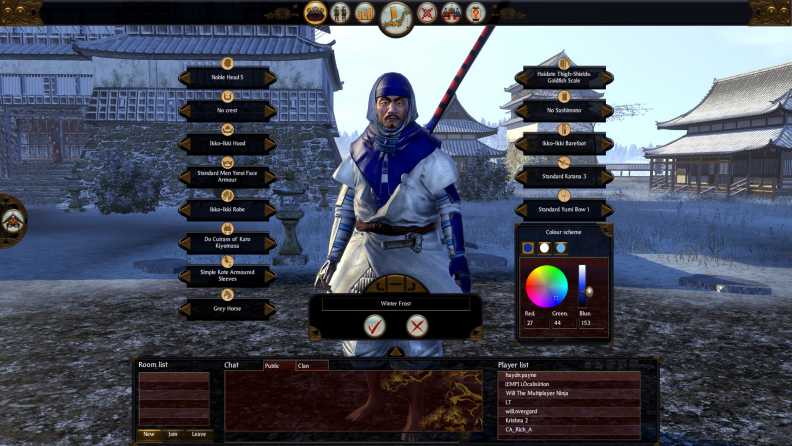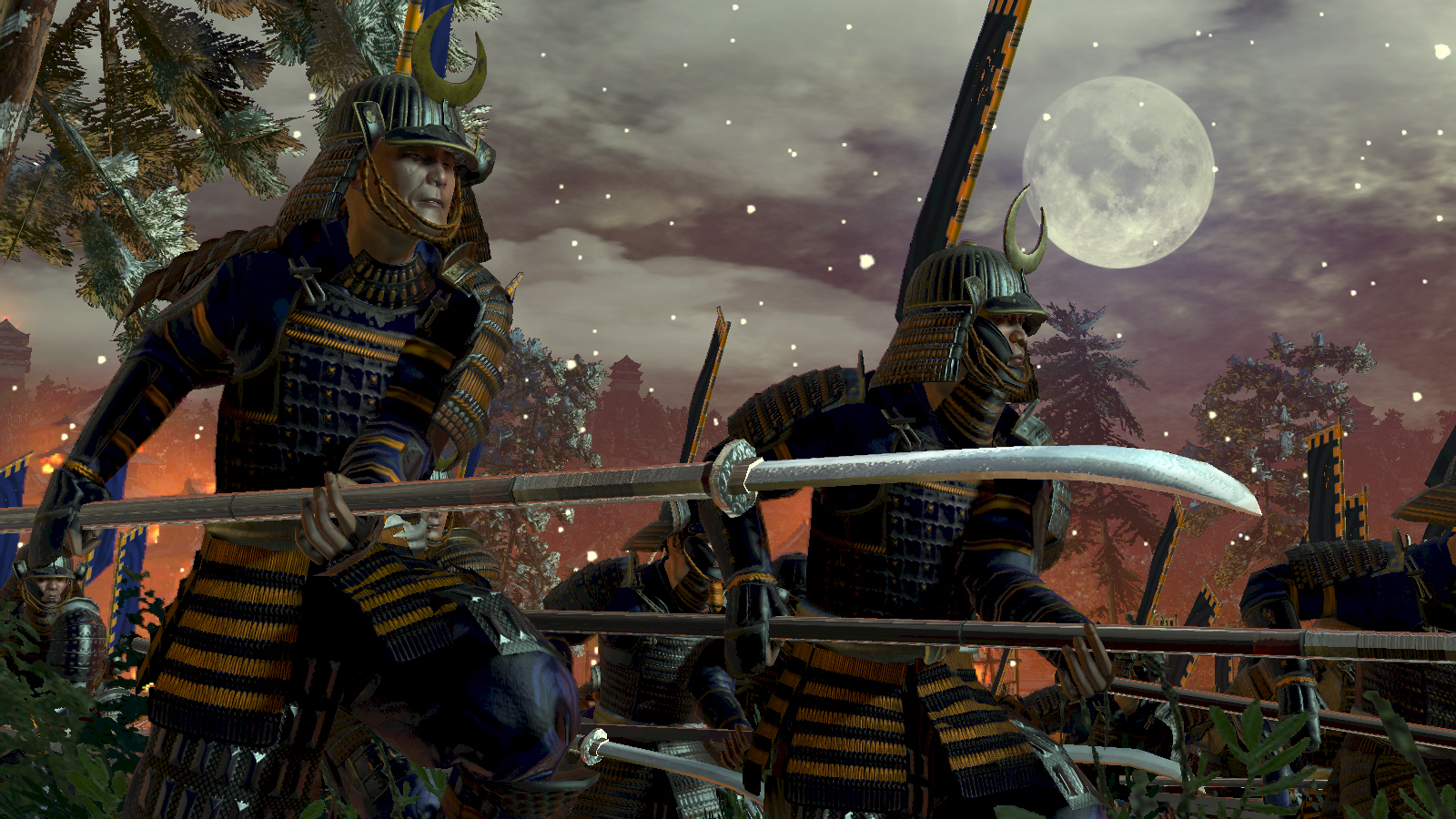
Opposing strength: Units will get discourage when they face a far superior enemy in numbers or in strength. The higher the morale score the longer the unit will fight on in adverse circumstances. Unit: each kind of unit has a different morale score. You’re aim shouldn’t be to completely destroy his army but to cause a chain rout as this will be a lot less costly in the end. This is likewise the case for your enemy’s army. If morale gets too low your units will start to rout. Morale is the in-game representation of this.

When your soldiers believe that all is lost, at least for them, they’ll try to get as far away from the battle as possible.

Your men won’t just follow you to certain death just because you ordered them to. Self preservation is still very much present on the battle field. Offering money, recently conquered provinces or threatening multiple provinces at once may persuade your enemy to temporarily rethink his position towards you. It’s always appropriate to consider bidding for peace before opening another front. Not only will you have to split your available forces but you’ll also have to juggle with use of your resources. This strain will only exponentially enlarge when you fight multiple opponents on multiple sides. Whether this is attacking a province for its richness in resources or making peace because you fear waging war any further may ruin you for years to come.Ī war is a huge strain on your resources. So while you shouldn’t leave your lands defenseless, always make sure you have a margin to grow economically.Īlso when in war, decisions should be at least partly economically in nature. Without enough income you won’t be able to recruit, replace or upgrade your army and military infrastructure. In real life, most (if not all) conflicts start as an economical dispute.įirstly you should make sure that you have a solid economical base before even considering going to war. While you may think that war is all about battle prowess, that’s only the last stage. He who wishes to fight must first count the cost.

This guide is meant as an update/rework and to make it more of an overview at topics that were heavily linked with the previously mentioned games. This guide borrows heavily from the excellent guide for STW and MTW written by Frogbeastegg found here. More experienced players may benefit from reading up on the underlying mechanics of the game but should already know these things. It covers the absolute basics of what you need to know. This guide is meant for these new faces to the Total War series. In order to closely mirror real historical combat the Total War series uses a high number of parameters where someone new can easily get lost in or be unaware of. Playing Total War: Shogun 2 without prior experience in the series or other war games will be a very confusing and perhaps frustrating experience.


 0 kommentar(er)
0 kommentar(er)
